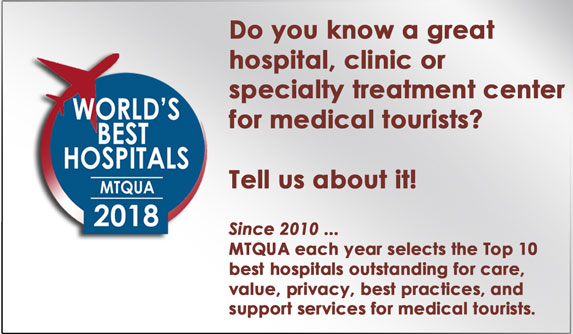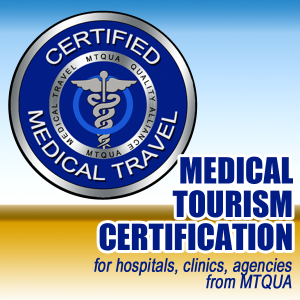 Bangkok is considered by many to be the medical hub of Asia.
Bangkok is considered by many to be the medical hub of Asia.
Modern medical care in Thailand is a century old. King Chulalongkorn (1868-1910), the present King Bhumibol’s grandfather, established the first public hospital. The Medical Association of Thailand was founded in 1921.
The royal family paid to send young doctors and nurses to study abroad. Some studied at Harvard, M.I.T. and other international scientific and medical centers of excellence. They returned and planted the seeds of today’s exceptional medical network in Thailand.
The demands on Thailand’s medical system particularly during the 1960s and the days of the Vietnam War turned it into a mature medical and health delivery system that is unique in Asia.
The international expatriate community made Bangkok the destination of choice for specialized treatment. A national system of hospital certification and review, modeled on the Canadian system, was created by the government.
Thailand delivers sophisticated modern medicine.
The medical system in Thailand has much in common with that of the U.S. and Canada. Many excellent English-speaking doctors and specialists in Bangkok have studied or trained in leading medical centers in the U.S., Australia, Canada, and the U.K. Canadian medical consultants participate in Thai government regulatory activities.
Today, Thailand has a universal health program for its citizens and more than 600 hospitals and 400 medical facilities. Bangkok’s private hospitals are financially secure, investing heavily in facilities expansion, acquisitions and in ultra-modern specialized technology.
Thailand has an excellent medical education program, similar to that of the U.S. While many Thais continue to train and practice overseas in places like Britain and the U.S., they often do so after they have completed their medical studies at home in Thailand.



